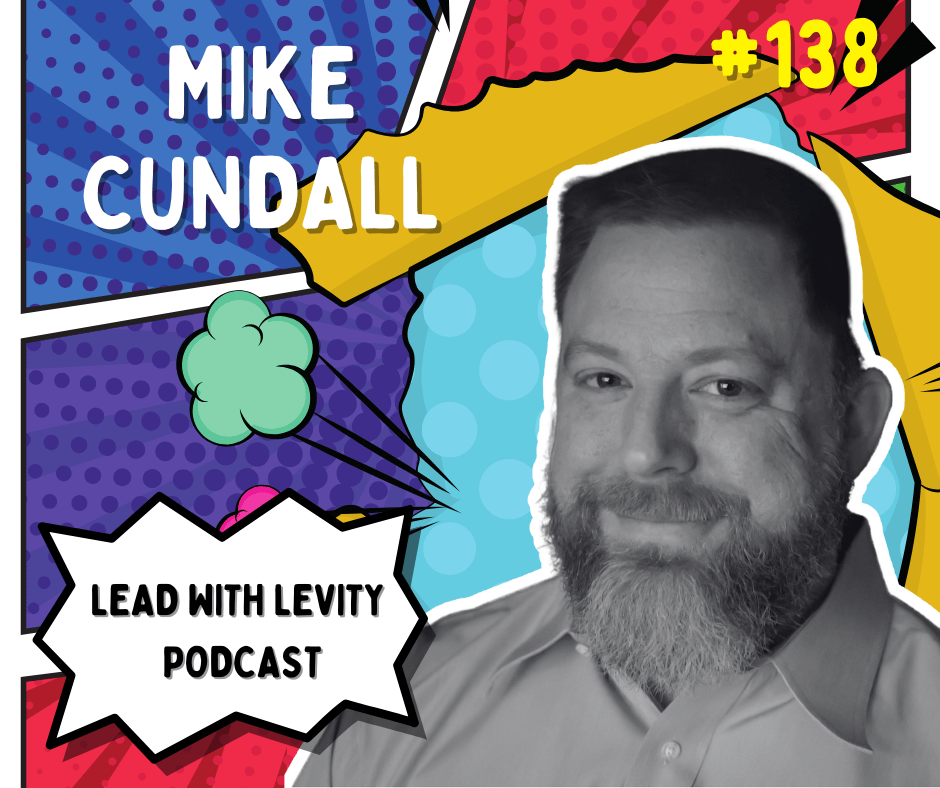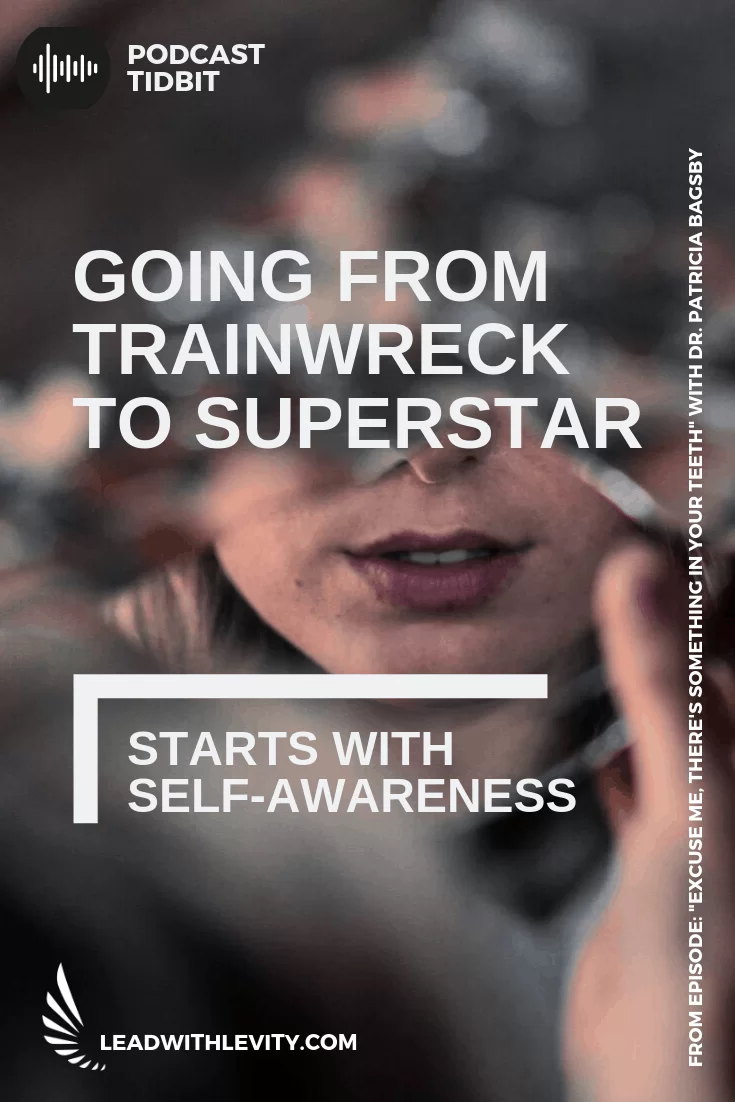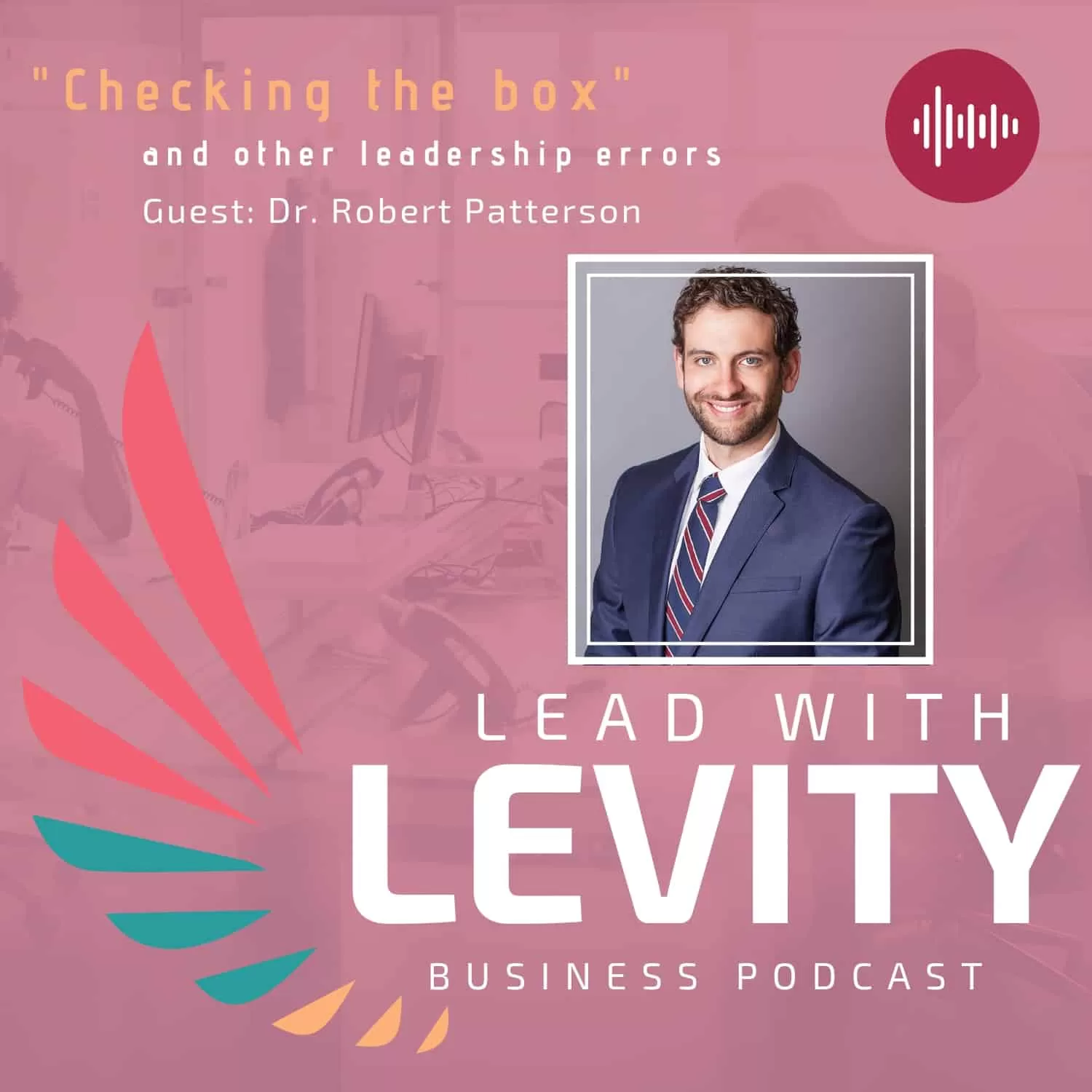Welcome to a deep dive into the transformative power of humor in the workplace, as explored in the insightful discussion between Dr. Heather Walker, host of the “Lead with Levity” podcast, and Dr. Mike Cundall, a university professor, researcher, author, speaker, and humor philosopher. In this engaging conversation, Dr. Cundall shares his expertise on how humor can be strategically and thoughtfully used to build rapport, improve team dynamics, and create a more pleasant and productive work environment.
The Concept of Humor as a House
One of Dr. Cundall’s standout contributions is his “Humor as a House” framework. This concept helps individuals understand the appropriate use of humor in various social contexts. The idea is simple: as you develop relationships, you metaphorically move through different rooms of a house. The deeper you go, the more personal the humor can be.
- Front Door: Basic, universal humor that is safe for new acquaintances.
- Living Room: Early stages of developing familiarity, still cautious but more personalized.
- Kitchen: Deeper connections, where more personal humor is shared.
- Backyard Barbecue: Full-fledged rapport, where almost anything goes.
This framework guides the appropriate deployment of humor based on the depth of the relationship, ensuring that humor fosters connection rather than creating awkwardness or discomfort.
Humor as Kindness
Dr. Cundall views humor as an act of kindness. When we share humor, we share joy and mirth, which can deepen connections and build a sense of community. Humor isn’t just about laughs; it’s about creating shared positive experiences. People laugh more when they are with others than when they are alone, underscoring humor’s role in social bonding.
Humor in the Workplace: A Case Study
The podcast delves into a practical example concerning a busy manager named Anya, whose team feels neglected due to her packed schedule. Dr. Cundall highlights the dual-edge nature of humor in this context. Using humor can either defuse tension or be seen as deflecting from serious issues. It’s crucial to be mindful of the team’s existing feelings—if they’re already resentful, humor should be employed cautiously.
Dr. Cundall suggests using self-deprecating humor to address the issue, presenting oneself as the butt of the joke. For example, Anya might say, “I get the sense that I haven’t been here much, and I can tell because my desk has more dust on it than some storage containers!” This approach can lighten the mood while acknowledging the problem. However, it’s essential to monitor reactions and be ready to pivot to sincerity and directness if humor doesn’t land as intended.
Navigating Difficult Topics with Humor
Dr. Cundall also shares a personal anecdote from his teaching experience, emphasizing the importance of addressing sensitive topics with a touch of humor to ease tension. He often opens a conversation about race with humor, calling himself “melanin challenged.” This light-hearted approach makes it easier to discuss serious, potentially uncomfortable topics.
Cultural Sensitivity and Humor
The conversation also touches on the cultural nuances of humor. Dr. Cundall underscores that humor must be sensitive to the cultural and individual contexts. For instance, self-deprecating humor may not always be suitable, especially for women and people of color in professional settings. Being aware of one’s positional dynamics and the audience’s potential sensitivities is crucial.
Final Thoughts: The Future and Personal Reflections
In closing, Dr. Cundall discusses upcoming projects, including his book Humor as a Common Good and a potential new book on humor in the workplace. He reveals how integrating humor into his professional life has enriched his experiences and fostered deeper connections with students and colleagues.

Conclusion
Dr. Heather Walker and Dr. Mike Cundall’s conversation is a comprehensive exploration of the role of humor in professional and personal settings. Through practical examples, philosophical insights, and thoughtful advice, Dr. Cundall provides invaluable guidance on using humor to build rapport, alleviate stress, and foster a positive work environment. For anyone looking to enhance their leadership skills with a touch of levity, their insights are a must-hear.

My name is Mike Cundall and I am a university professor, researcher, author, and speaker. As a researcher I study humor. That’s right, I study funny things. One of the great things about my work is how important humor is to having a well-balanced and happy life. My recent book “The Humor Hack” is about finding ways to use more humor in your life. It’s not a bad gig at all.
I’ve given keynotes on humor and leadership to the US Army. I’ve published and presented on humor in the classroom. I’ve presented to medical professionals on the importance of humor in medical care. For me, humor is an often untapped part of our lives and I want to help people find ways to bring it more into their lives. I am so sure about this that I started a company dedicated to it, Mirth Management. You can find out more about me and the company at www.mirthmanagement.co
Laugh often & much,
Dr. Michael K. Cundall, Jr. Organizational Humorist Founder Mirth Management mirth@mail.com








